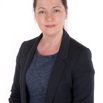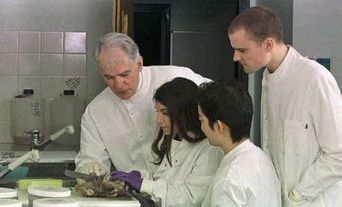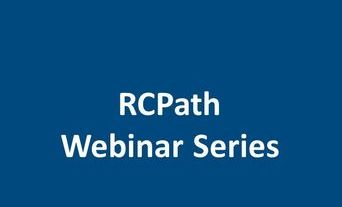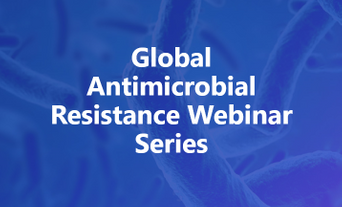This event is now closed for bookings. Please contact [email protected] for any further information.
Overview
There are exciting ongoing developments in transfusion medicine and science with high quality research supporting evidence-based practice. This one-day virtual meeting organised on behalf of the Royal College of Pathologists brings together experts from various clinical disciplines with leaders in transfusion science to provide an update on key developments. The meeting will be of interest to all those involved in transfusion medicine.
Registration Fees
RCPath Fellows: £70
Concessions: £50 (Trainees, BMS, Nurses, Retired)
Non-members: £90
IMPORTANT: Invoices will not be processed within a month of the event. Please discuss alternative arrangements with the team at [email protected]

















